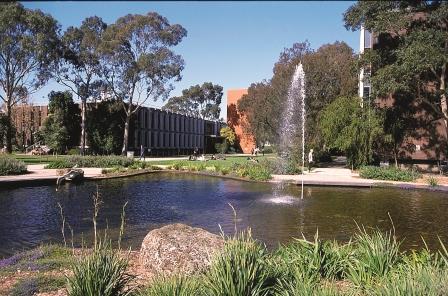World-first Aspirin study reaches new milestone
Australia’s largest clinical trial is a step closer to revealing in 2018 whether healthy older people should or should not take aspirin to prevent or delay cardiovascular disease (heart attack and stroke), dementia, depression and some types of cancers.
ASPREE (ASPirin in Reducing Events in the Elderly), a randomised, placebo controlled trial in older people, has reached its recruitment target of 19,000 participants in Australia and the US.

Led by Monash University and the Berman Center for Outcomes and Clinical Research in the US, the ASPREE trial will measure extended years of living free from physical and cognitive disability, to determine the benefits versus the risks of daily low-dose aspirin.
Principal Investigator to the trial in Australia, Professor John McNeil, credits the 16,500 Australian volunteers—aged between 70 and 97 years—as the true heroes of medical research.
“Without the community mindedness of each and every participant in the study, we could not have reached this remarkable milestone. We are extremely grateful for their commitment to help improve the health and medical care for future generations,” said Professor McNeil.
“If aspirin is shown to be overall beneficial, thousands of healthy older people around the world will be advised to take the drug; if aspirin is proven not to be beneficial, thousands will be saved from taking an unnecessary medication.”
Additional results in 2018 will be from ancillary studies that investigate the effect of aspirin on: age-related macular degeneration, cancer, osteoporosis, osteoarthritis, severe infection, sleep apnea, age-related hearing loss and microvascular changes in the brain.
Of note is Australia’s first Healthy Ageing Biobank, a repository of blood samples from more than 11,500 ASPREE participants to help researchers identify blood-borne predictors of disease, such as Alzheimer’s, or even good health.
In Australia, ASPREE is primarily conducted through general practice in south-eastern states and territory. Participants are randomly allocated to take daily 100mg aspirin or a matching placebo tablet, undergoing annual health checks until late 2017.
About Monash University
Monash University takes pride in attracting some of Australia’s best researchers. They are the professional home to several distinguished fellows, including National Health and Medical Research Council (NHMRC) Australia Fellows and Australian Research Council (ARC) Federation Fellows.
Monash is ranked
- in the top one per cent of world universities – 83rd in the world – according to the Times Higher Education World University Rankings (2014-2015)
- the 70th university in the world according to the 2014/2015 QS World University Rankings
- in the top 150 world universities, with an estimated rank of 134th according to the Academic Ranking of World Universities 2013.
*

































Ask A Question
Ask us about your program of interest, or if you have a question about our services.
CONTACT US TODAY